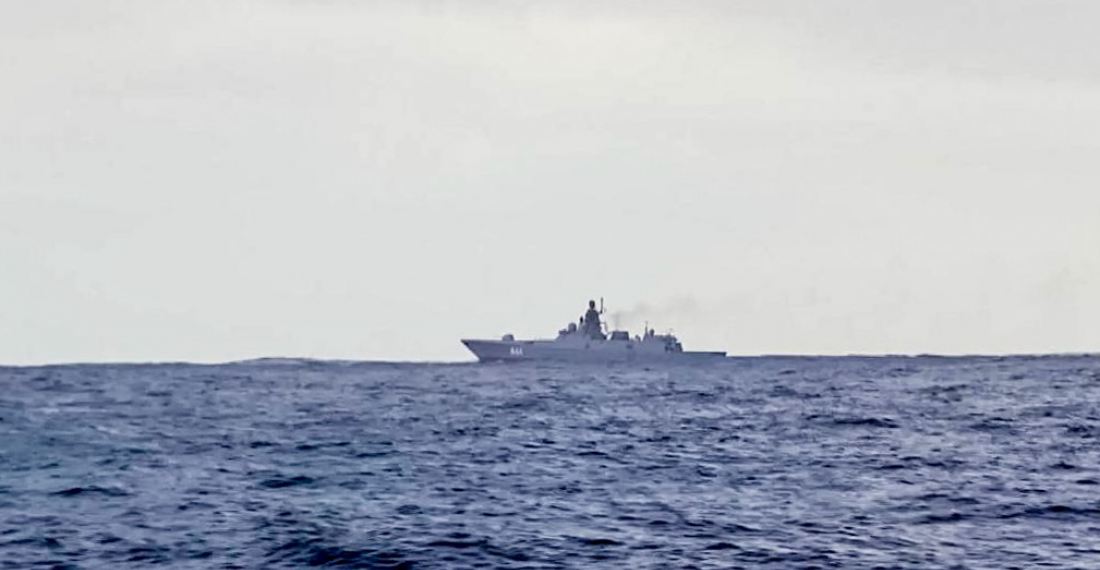Russian military warships are preparing for military drills in the Black Sea. Six Russian warships sailed from the Mediterranean Sea through the Bosphorus onto the Black Sea earlier this week. They will join other elements of the Russian Black Sea Fleet based in Russian occupied Crimea. The drills will partially close parts of the Black Sea and the Sea of Azov, effectively cutting parts of Ukraine off from open waters
Meanwhile in Belarus, Russia began a 10-day joint military exercise on Thursday, which will continue until 20 February, amid ongoing fears of a Russian invasion of Ukraine. NATO says the Russian military in Belarus consists of about 30,000 troops. This is the highest number of forces deployed there since the Cold War. The United States called the actions in Belarus "escalating" on Wednesday (9 February).
The Ukrainian Ministry for Foreign Affairs said on Thursday that the country "protests" against the decision to "blockade" parts of the Black Sea and the Sea of Azov. It is an "unjustified restriction on international shipping", which could have "social and economic consequences" for Ukrainian ports.
"Ukraine is closely working with the partners, primarily those of the Black Sea region, to ensure that such actions of the Russian side receive a proper assessment and response," the ministry said.
Last month, the Russian Ministry of Defense announced the start of military exercises with more than 140 military vessels and more than 10,000 military personnel involved. It is not yet clear exactly when the Russian military exercises on the Black Sea will begin.






